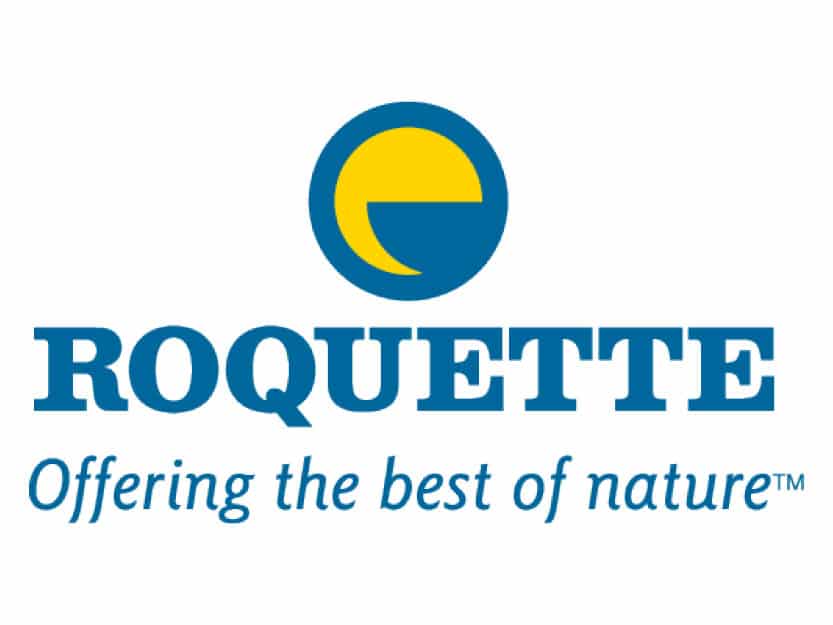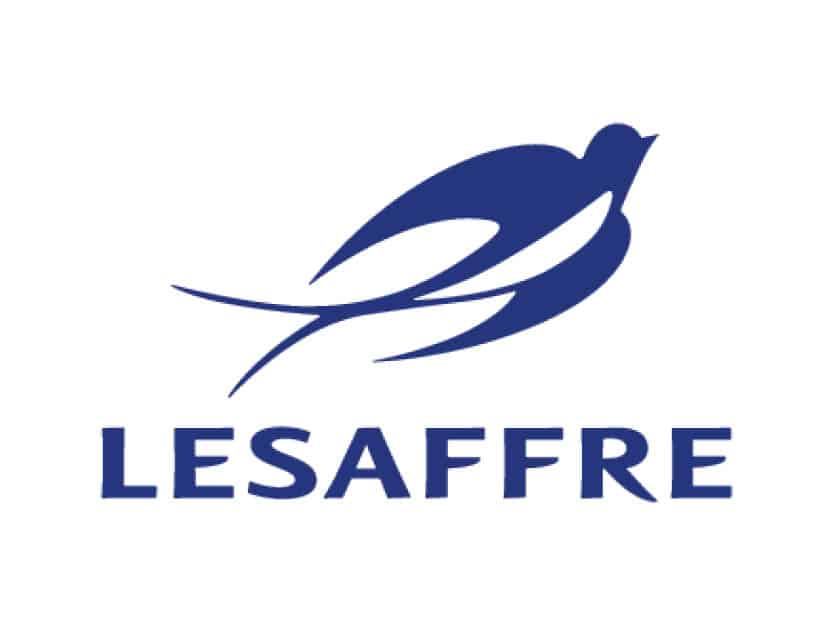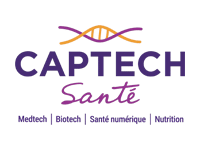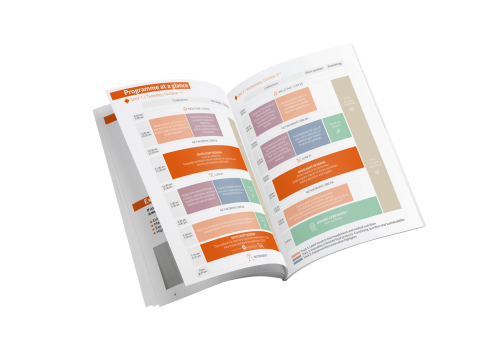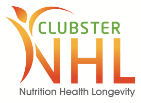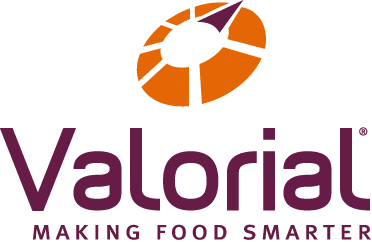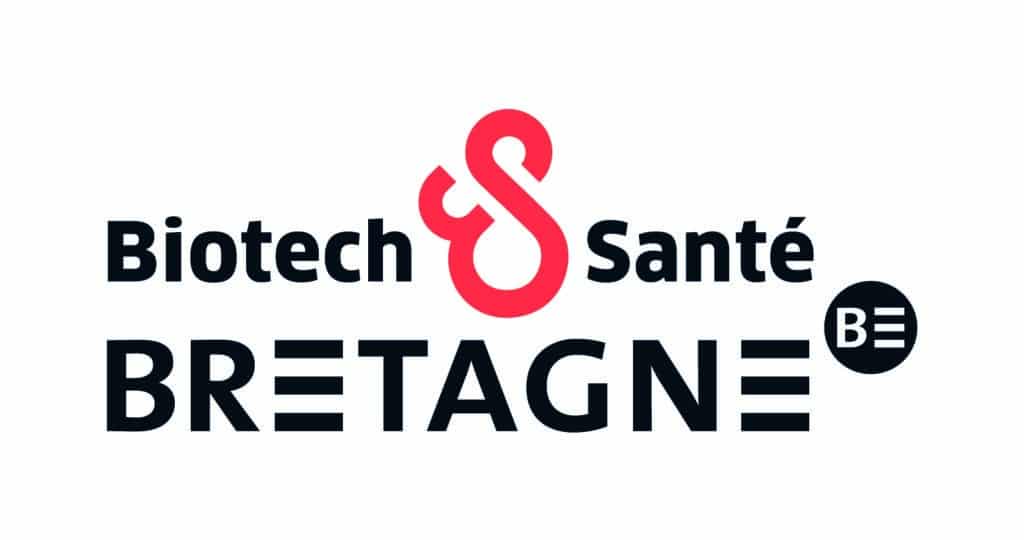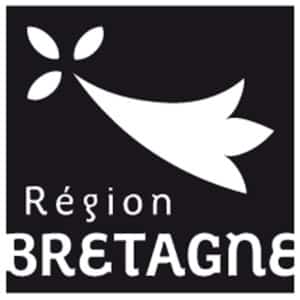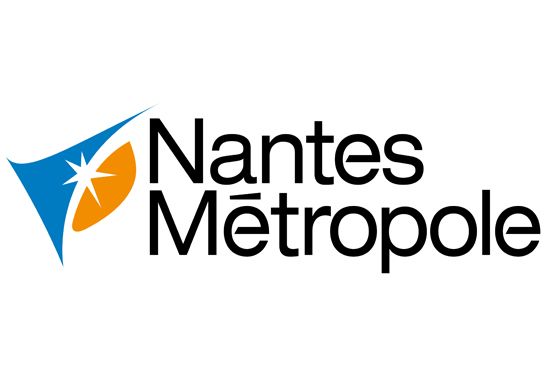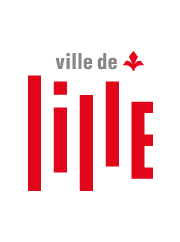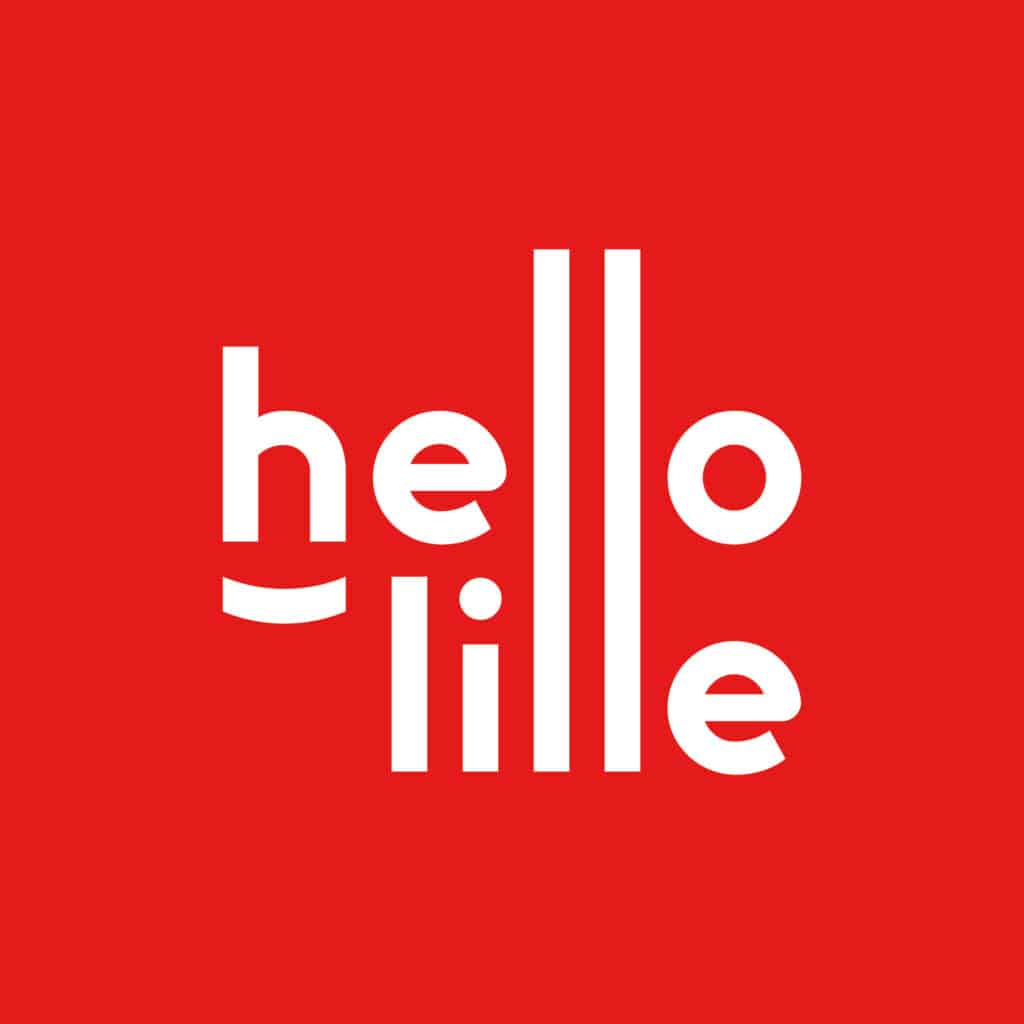The Superior Health Council of Belgium (SHC) has published its long-awaited dietary guidelines for the Belgian adult population. The five key priorities highlighted in the advisory report are illustrated in the Épi Alimentaire, a new educational resource developed by Food in Action and the Paul Lambin Institute (IPL) at the Haute École Léonard de Vinci (HE Vinci), in conjunction with the SHC.
The Food Based Dietary Guidelines, a new advisory report from the Superior Health Council of Belgium (SHC), was a full three years in the making. The new recommendations, developed with input from dozens of experts, differ from the 2016 recommendations (and previous versions) because they are food based, as opposed to be solely nutrition based. This time around, the idea was to move away from viewing food merely as a way to provide the 30-or-so essential nutrients in the right proportions. Instead, in a first for nutrition science, the SHC’s recommendations take into account established links between food and health, as well as sustainability considerations.
Épi Alimentaire: highlighting priorities
The recommendations place a strong emphasis on plant-based foods, while lowering recommended intakes for animal-based products: adults are advised to eat no more than 300 g of red meat (cooked weight) a week, and just 30 g of processed meat. The dairy recommendations remain unchanged, at between 250 and 500 ml of milk or dairy produce a day. In a notable change, the report separates dairy from plant-based alternatives, even calcium-enriched variants, because knowledge of the links between dairy produce and health cannot apply to plant-based juices and by-products, even though both categories share some of the same nutrients. The move recognises that a food’s matrix effects cannot be reduced to the sum of its nutrients.
But the major innovation of these recommendations lies in the fact that they consider the importance of the link between food and health, with messages ranked by importance – a prioritisation exercise that has produced a new benchmark educational resource known as the Épi Alimentaire.
The Épi Alimentaire, which illustrates the five key priorities for better eating, has been published online.
Interpreting the findings with a dose of caution
The Épi Alimentaire summarises the five key priorities contained in the SHC’s advisory report, ranked by decreasing order of importance. The priorities are as follows: choose whole grains, eat fruit and vegetables, opt for legumes, consume nuts and seeds, and reduce salt intake.
Four of these five priorities are positive messages designed to encourage people to switch to more plant-based diets without giving up animal-based foods altogether. The Épi Alimentaire is set to reframe dietary priorities and show that, contrary to popular belief, the biggest health impacts will come from making positive food choices, not from avoiding or eating less gluten, meat, additives or even sugar.
Source:
Recommandations alimentaires pour la population belge adulte – Avis n° 9284 du CSS (2019).
L’Épi Alimentaire – 5 priorités pour mieux manger. Food in Action (2019).

